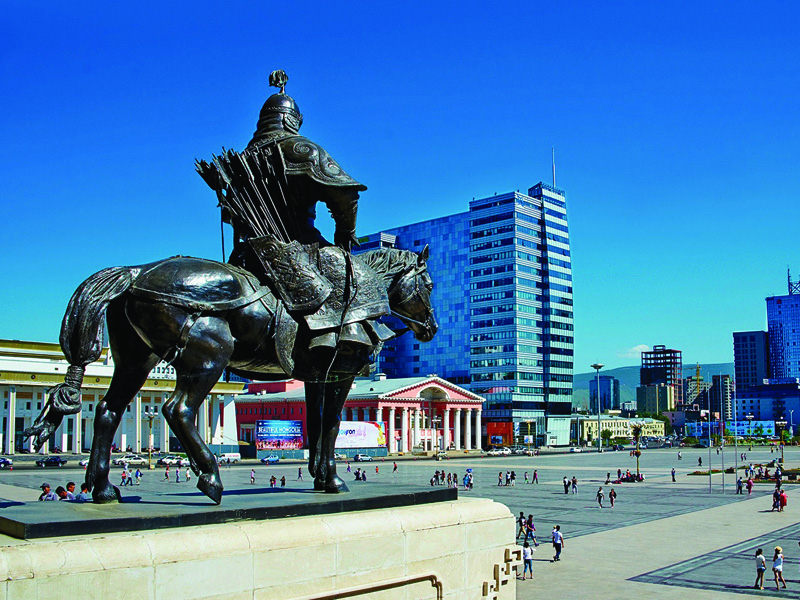Even if you never leave your home town, you will treat people with different backgrounds, writes Kimberley Ivory
Like many medical students then and now, I dreamed of working overseas in an exotic locale and “making a difference”.
But, again, like many of us, life got in the way. Jobs, relationships, mortgages, kids and schooling all have a way of turning “making a difference” into “making ends meet” or simply “making it”.
I had a few goes at making it a reality: an elective in East Harlem, a couple of stints as a ship’s doctor, an almost job in Singapore that turned out to be impossibly demanding. I occasionally looked at the volunteer positions advertised by the Department of Foreign Affairs and Trade, but failed to make the sums add up. So the most exotic medicine I got was general practice in the wilds of the NSW mid-north coast while doing the working-mum juggling act.
But, finally, my dream has become a reality in the most unexpected way. In March, my partner and I depart for Ulaanbaatar, Mongolia for 12 months with Australian Volunteers for International Development (AVID).
To be honest, when I thought of exotic locales, I was thinking of warm and sunny, with beaches. Maybe Vanuatu or Tonga or Sri Lanka?
Well, Mongolia is definitely sunny – one of the sunniest countries on Earth, in fact – with an average of 257 cloudless days every year. But warm it is not. Winters last from November to April with temperatures frequently close to minus-30 degrees Celsius. And landlocked. There are no beaches in Mongolia.
On the upside, moving to a country that I had to look up on a map has begun a fascinating process of shattering stereotypes, revisiting long-forgotten history and challenging my expectations. Expecting the capital, Ulaanbaatar, to be some kind of dusty, low-rise frontier town, I was stunned (and more than a little relieved) when my first internet search revealed a modern city with glass and steel high-rise buildings with all the mod cons.
Medicine is a social science and politics is nothing else but medicine on a large scale.
Another surprise is that the NGO I will be working with is the LGBT Centre, Mongolia’s first and only LGBT human rights organisation. Registered in 2009, its mission is to uphold, protect and promote the human rights of minority sexualities and promote better understanding of sexual orientation and gender identity within Mongolian society.
Mongolia moved from being a Soviet satellite to a representative democracy in 1992, and its new constitution enshrines freedom of religion, of expression, of the press and equality before the law.
NGOs such as the LGBT Centre are working hard to make those ambitions a reality and improve the lot of LGBT people in Mongolia, in part through training doctors and health workers and improving health education.
Sounds not too dissimilar to what happens here, doesn’t it? And it certainly fits with what I try to teach Australian doctors and medical students.
In fact, among all the excitement of preparing for our overseas adventure, I was privileged to meet Dr Seema Bishwas, a trauma field surgeon and medical educator working for the Red Cross. Currently based on the border between Israel and Syria, Seema has a very specific take on teaching medical students about global health.
Her very simple approach is: “Global health is health.”
Seema sees global health as inextricably linked to the socio-political situation of the patient and subscribes to public health activist Rudolf Virchow’s maxim that, “Medicine is a social science and politics is nothing else but medicine on a large scale.”
Global can be defined as both “holistic” and “everywhere”. In fact, the same problems of inequity, exploitation and vulnerability exist for individual patients over here, just as they do “over there”. Creating good health, wherever we practice, requires us to consider the contributing social determinants and attempt to improve them to prevent further disease.
So, while many of us continue to dream about “making a difference” somewhere exotic, and some of us finally get to give it a go, let’s not forget to remind ourselves, and our students, of the great differences we can, and do, make every day from where we currently sit.
Even if you never leave your home town and sit at the same desk every day, you will inevitably be treating people with different backgrounds, cultures and values to your own.
Treating each of those people as individuals with respect, and understanding how the context of their life impacts their health, is global health. Don’t dream it. Do it!
Dr Kimberley Ivory is a GP, medical academic and writer


